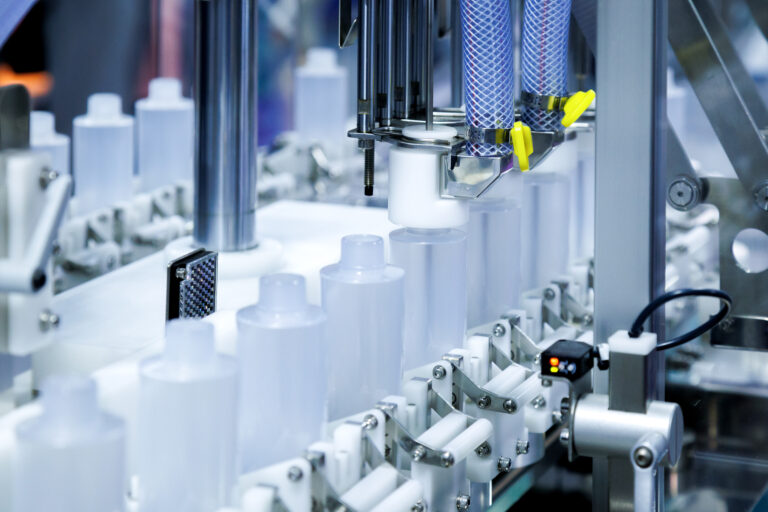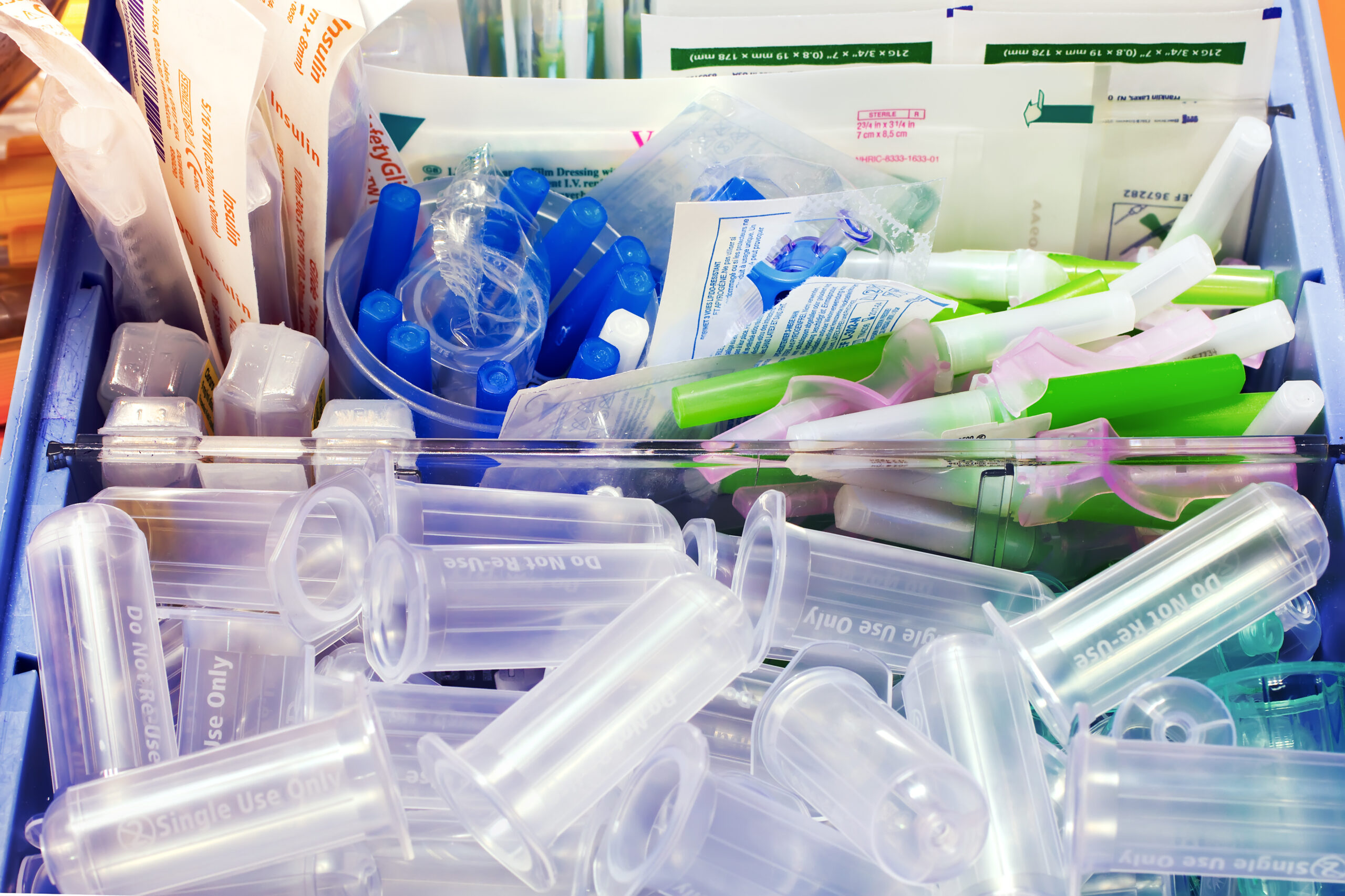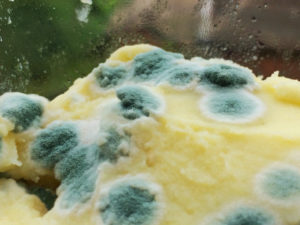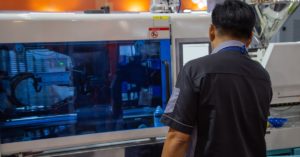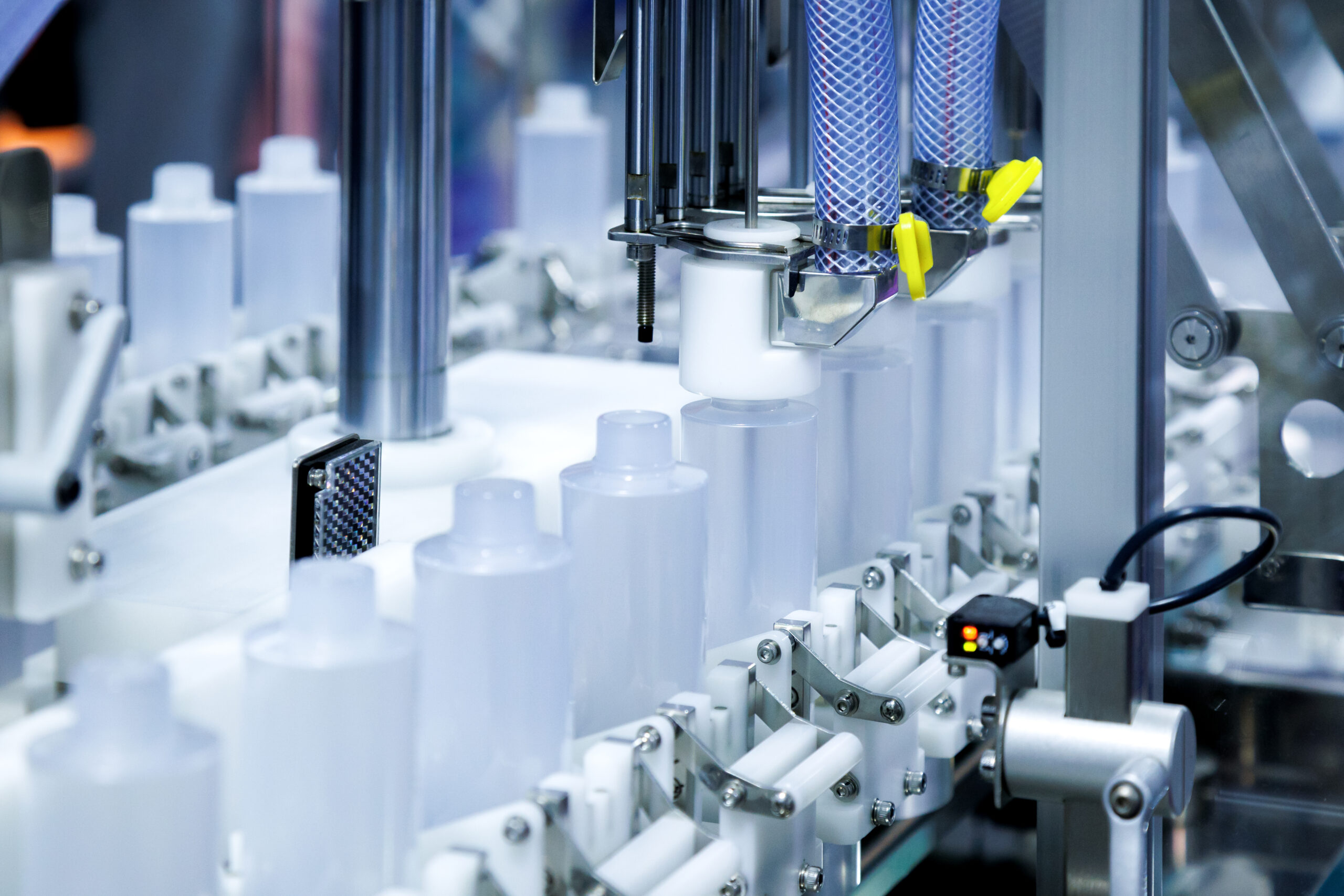
Understanding Antimicrobial Plastic Additives
Antimicrobial plastic additives are substances incorporated into plastic materials during the manufacturing process to prevent the growth of microorganisms, such as bacteria, fungi, and viruses, on the surface of the plastic. These additives work by releasing antimicrobial agents that disrupt the DNA, proteins, or cell membranes of microorganisms, inhibiting their growth and survival. They are available in various forms, including masterbatches, compounds, and coatings, making them versatile and compatible with different types of plastics.
The Role of Antimicrobial Plastic Additives in Hygiene
Reducing the Spread of Pathogens: Antimicrobial plastic additives play a crucial role in minimizing the spread of potentially harmful pathogens. By inhibiting the growth of bacteria and viruses on plastic surfaces, they help prevent the transfer of microorganisms from one surface to another. This is especially vital in high-traffic areas, such as hospitals, schools, and public transportation, where the risk of transmission is high. Enhancing Durability and Longevity: In addition to their antimicrobial properties, these additives also improve the durability and longevity of plastic products. They protect the plastic surface from degradation caused by microorganisms, such as mold and mildew, ensuring that the products remain functional and aesthetically pleasing for an extended period. This is particularly advantageous in environments with high humidity or moisture levels. Maintaining Cleanliness: Antimicrobial plastic additives help maintain cleanliness by reducing the growth of bacteria that cause unpleasant odors, staining, and discoloration. By preventing the colonization of bacteria on plastic surfaces, they contribute to a fresher and cleaner environment. This is beneficial in settings such as food processing facilities, restaurants, and public restrooms, where maintaining high cleanliness standards is essential.
Applications in Various Industries
Healthcare: Antimicrobial plastic additives find extensive applications in the healthcare industry. They are used in medical devices, such as catheters, wound dressings, and hospital furniture, to minimize the risk of healthcare-associated infections. These additives also play a crucial role in ensuring the sterility and cleanliness of healthcare equipment and surfaces, leading to improved patient safety.
Food Packaging: The food packaging industry utilizes antimicrobial plastic additives to enhance food safety and shelf life. Such additives can prevent the growth of bacteria and fungi on packaging materials, reducing the risk of contamination and spoilage of food products. This helps maintain the quality and freshness of packaged food, especially perishable items.
Household Products: Antimicrobial plastic additives are increasingly being incorporated into various household products. They can be found in kitchenware, such as cutting boards and food storage containers, to provide a hygienic food preparation and storage surface. These additives are also used in personal care products, such as soap dispensers and toothbrush holders, to inhibit the growth of bacteria commonly found in moist environments.
Hospitality Industry: The hospitality industry benefits from using antimicrobial plastic additives in bedding, upholstery, and bathroom fixtures. These additives help prevent the growth of bacteria and fungi commonly encountered in hotel environments, ensuring a clean and hygienic experience for guests.
The Value of Antimicrobial Plastic Additives
Antimicrobial plastic additives have proven to be valuable tools in promoting hygiene across various industries. By inhibiting the growth of microorganisms on plastic surfaces, they contribute to reducing the spread of pathogens and maintaining cleanliness. The applications of these additives in healthcare, food packaging, household products, and the hospitality industry highlight their versatility and importance in enhancing hygiene standards. As the world continues prioritizing hygiene and infection control, antimicrobial plastic additives will undoubtedly play a vital role in creating safer and cleaner environments.
Upgrade your plastic products with antimicrobial additives from Phoenix Plastics, a leading manufacturer in the industry. Our carefully formulated additives inhibit the growth of bacteria, viruses, and other microorganisms on your plastic surfaces, providing long-lasting protection and promoting hygiene. Contact us today to learn how we can help you enhance the safety and cleanliness of your products.

